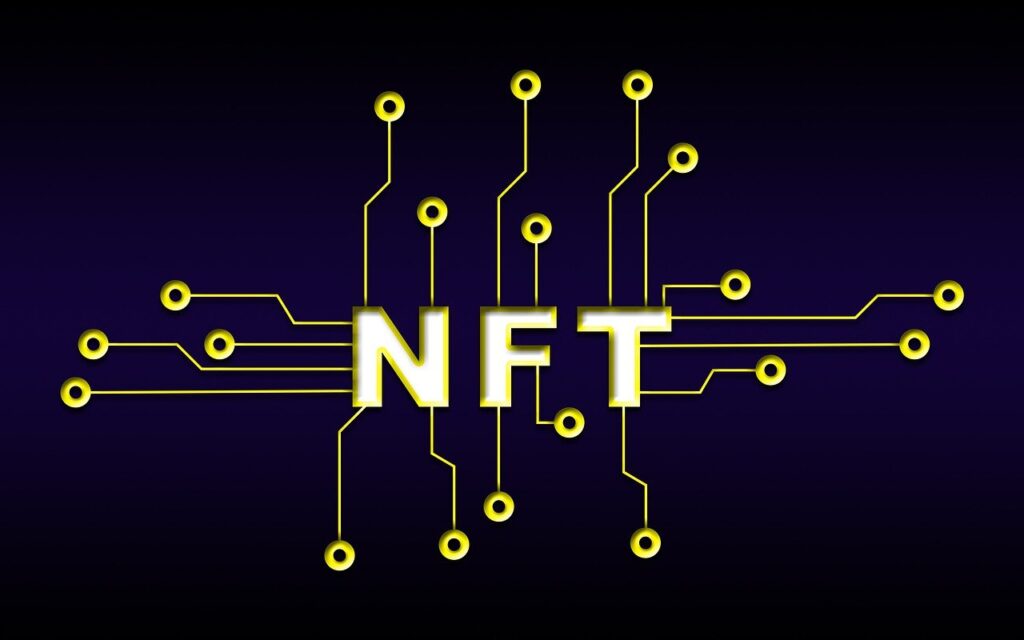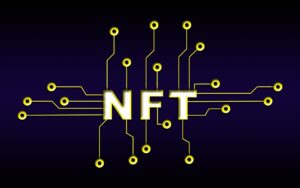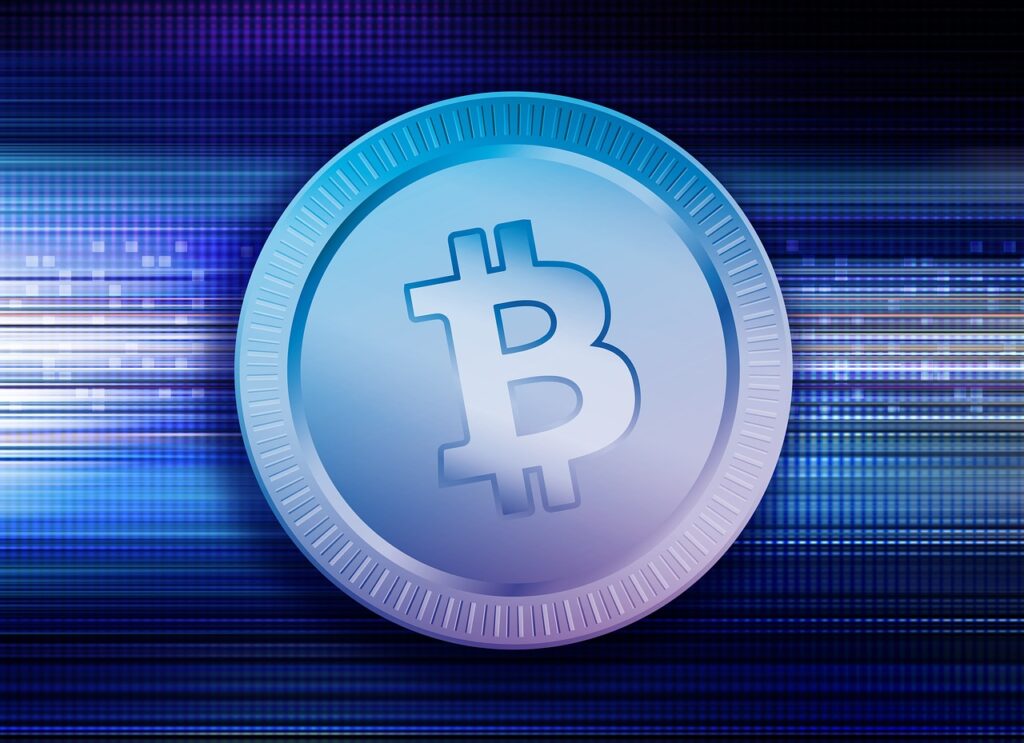Table of Contents
Understanding Bitcoin: Revolutionizing the Financial World
Launched in 2009 by the elusive Satoshi Nakamoto, Bitcoin has become a transformative force in the financial space. Its decentralization and blockchain mechanism are a source of excitement for technologists, economists, and those simply fascinated. More than digital currency, Bitcoin is a new model for currency, data management, and financial transactions. This guide will aim to demystify Bitcoin, explaining the fundamental ideas, disruptive potential, and uses it has.
What is Bitcoin?
Bitcoin is a decentralized, digital asset that operates without the oversight of central banks or governments. It functions on a peer-to-peer network where transactions are verified and recorded on a public ledger called the blockchain. Unlike traditional currencies, Bitcoin allows for secure, transparent transactions directly between users, without the need for intermediaries like banks.
The Power of Blockchain Technology
At the heart of Bitcoin’s success is blockchain technology, a distributed ledger that records all transactions across a network of computers. This technology ensures that Bitcoin’s system is transparent, immutable, and resistant to tampering. Once a transaction is added to the blockchain, it becomes a permanent part of the ledger, ensuring that no one can alter or delete it. This transparency and security provide a high level of trust in the system, which is essential for its widespread adoption.
Blockchain is not confined to Bitcoin alone. Its potential extends to various industries, including supply chain management, healthcare, and beyond, where the need for secure, transparent data management is growing.
Bitcoin as a Digital Asset
Bitcoin is more than just a currency—it’s a digital asset that can be used in innovative ways. Through the creation of decentralized financial systems (DeFi) and the tokenization of real-world assets, Bitcoin is transforming the way we think about value. It is empowering individuals to manage their finances in a way that was previously not possible, opening up new possibilities for financial inclusion and innovation.
Security and Immutability: The Bitcoin Advantage
Bitcoin’s security features are crucial to its success. The immutability of its blockchain ensures that once a transaction is recorded, it cannot be altered or erased. This makes Bitcoin highly resistant to fraud and manipulation, which is a significant advantage over traditional financial systems that are vulnerable to such risks.
In addition, Bitcoin’s decentralized network operates on a distributed server model, meaning there is no single point of failure. Data is stored across a network of nodes, which makes the system more resilient and secure, even in the event of attacks or technical failures.
Bridging the Gap: Bitcoin and Interoperability
Bitcoin’s architecture supports interoperability with many other technologies as well, such as the Internet of Things (IoT). With Bitcoin’s use of blockchain verification, devices and/or platforms can communicate and make payments to one another without difficulty. Smart contracts, which automatically execute an agreement once specified conditions are fulfilled (e.g., code transactions in a gaming platform), will also benefit from Bitcoin’s distributed architecture, as do IoT systems.
Bitcoin’s blockchain technology has also led to the development of more microtransactions, or many small, frequent payments from one device to another. Microtransactions help with common needs in online gaming and IoT-based platforms that require small payments to facilitate easy transactions.
The Future of Bitcoin: A Financial Revolution
Bitcoin’s potential to revolutionize traditional financial systems is monumental. Its distributed character, security measures, and the ability to work in tandem with other technologies make it a major contender in the digitization of finance in the future. Through the use of more transparent transactions to the opening of new types of economic interactions, Bitcoin alters the paradigm of money, value, and finance.
The revolution of Bitcoin isn’t merely the invention of a new virtual currency; it’s a change in the way we think about managing and exchanging value in a digital world. Whether you are an experienced investor or a complete beginner in the world of cryptocurrencies, knowing Bitcoin is important to be able to navigate the changing landscape of digital finance wisely.
Conclusion
Bitcoin is not only a digital currency, but also a revolutionary technology that can shake the financial world on a global scale. Due to decentralization, the security and trust of the blockchain register bring a completely new perspective on how we carry out our transactions and store the values in this world. Not only is it possible to implement a variety of applications rather than just money, thus it also widens the scope of new financial instruments and services, decentralized finance, and cryptographically secured networks for data management, to name just a few. In the whirl of what is now happening globally, as the world is gradually moving toward full-digitization, Bitcoin has found its irreplaceable role as a fundamental pillar for the future of finance.

















